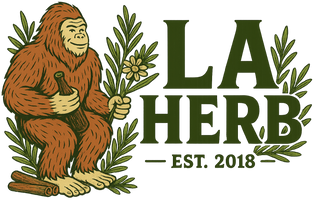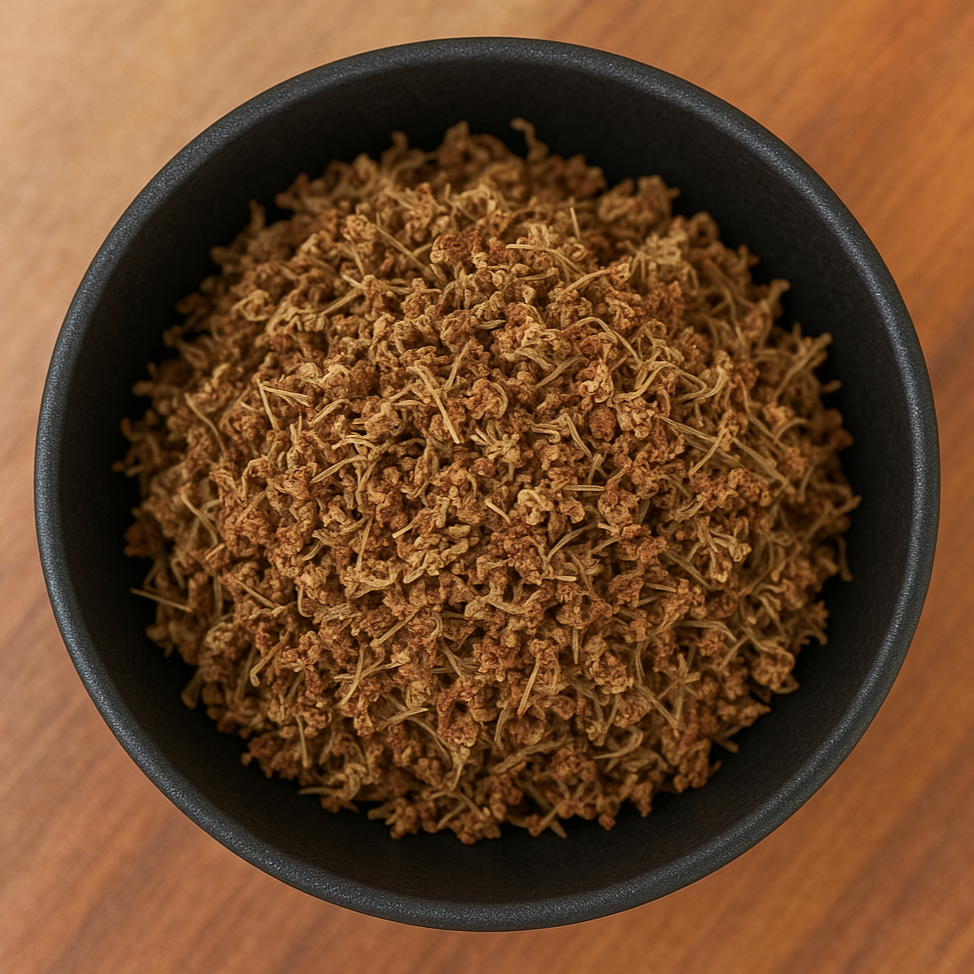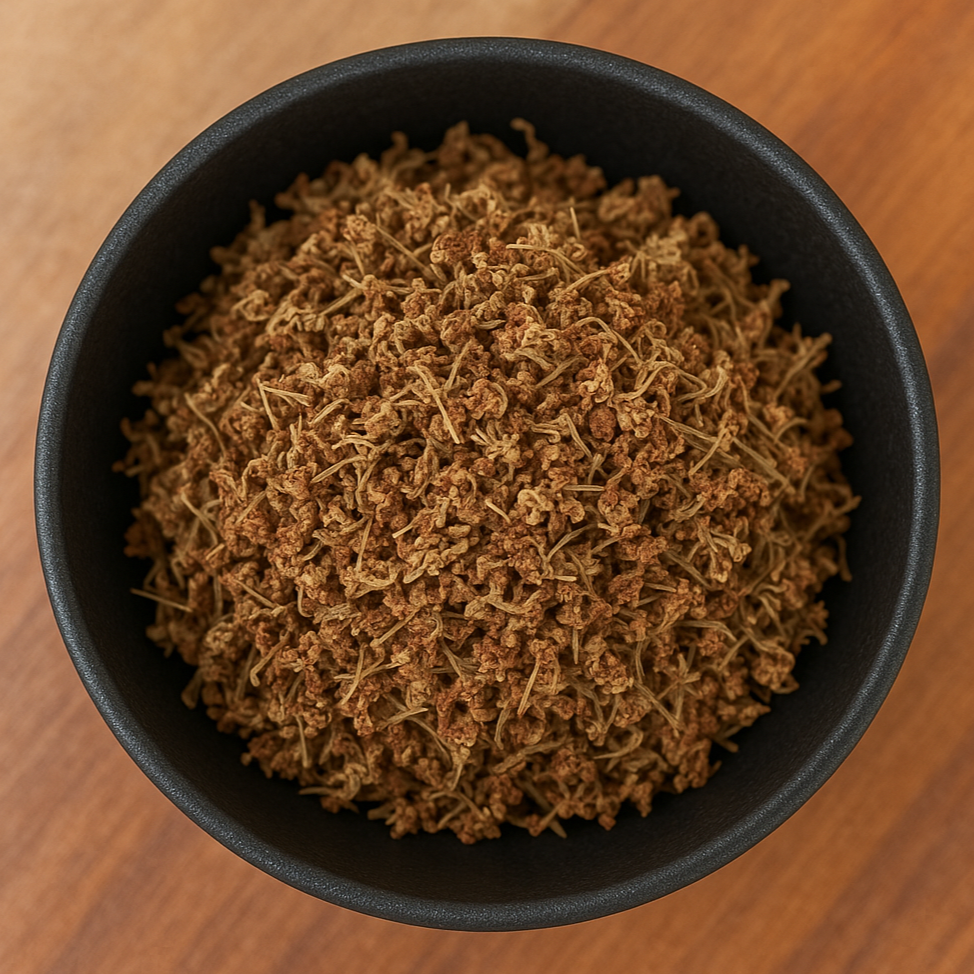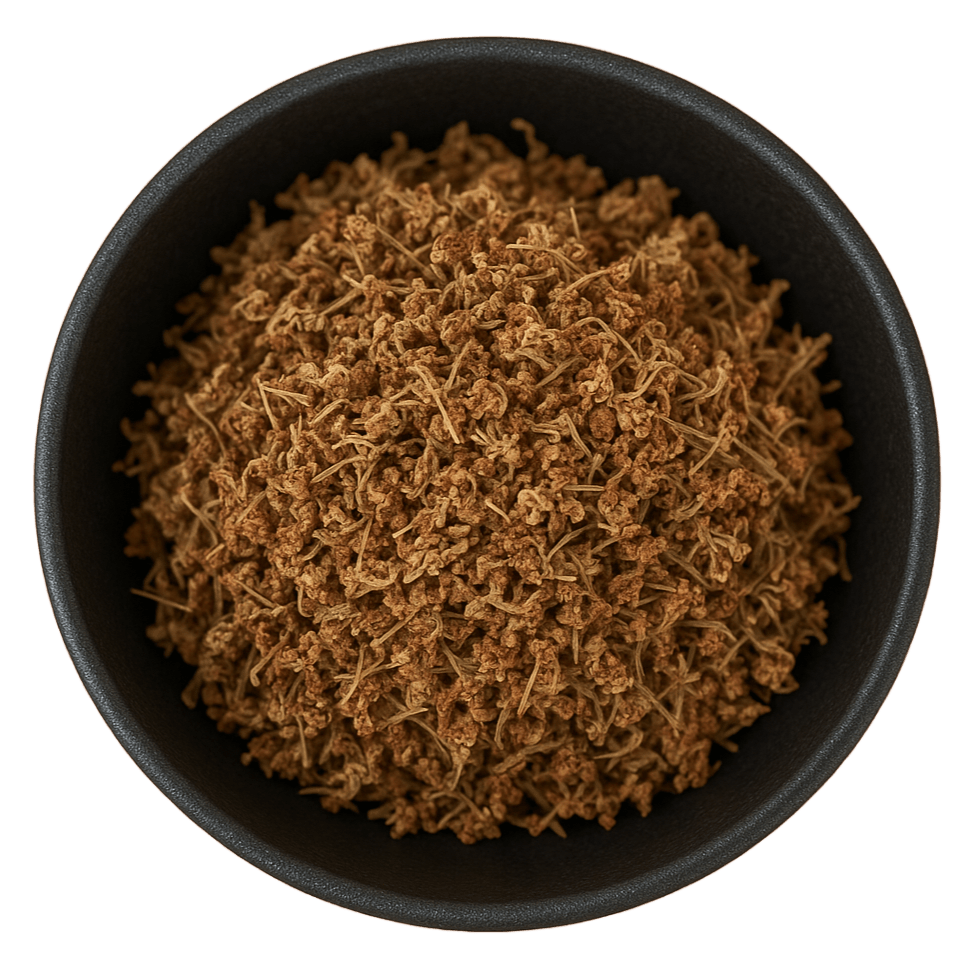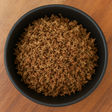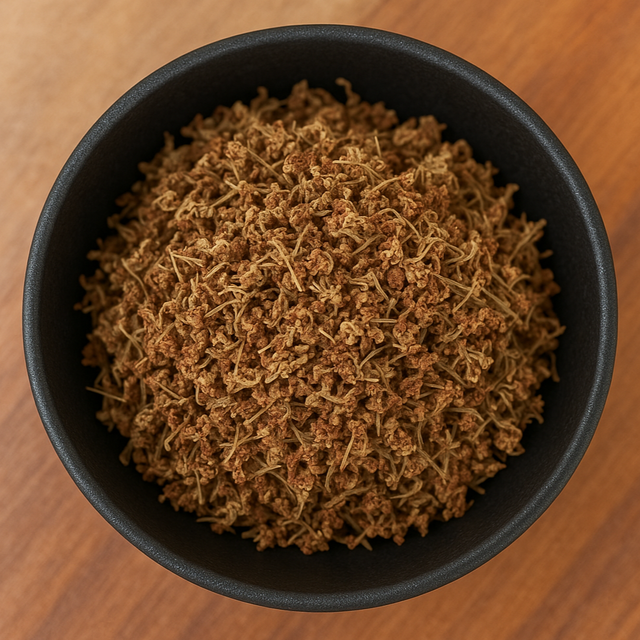Genkwa Flower Whole (Daphne Genkwa)
Genkwa Flower Whole (Daphne Genkwa) - 1 oz is backordered and will ship as soon as it is back in stock.
Couldn't load pickup availability
Genkwa Flower Whole (Daphne genkwa), known in Traditional Chinese Medicine as Yuan Hua (芫花), is a highly potent and traditionally respected herb used strictly for external purposes. These small, delicate-looking purple flowers are carefully harvested and dried whole, preserving their natural form and powerful energetic properties. Despite their soft appearance, they carry strong dispersing and heat-clearing actions and are considered toxic when used internally.
In TCM, Yuan Hua is used externally to help reduce swelling, resolve hard masses, and disperse phlegm or fluid accumulations. It is often incorporated into poultices, plasters, or herbal washes for localized conditions such as joint swelling, skin abscesses, and nodular swellings. Its properties are acrid, bitter, and warm, with a strong downward-draining effect that is directed outward when applied to the skin.
Due to its toxicity, Genkwa Flower is never used internally in modern practice. It should only be applied under the guidance of a qualified practitioner, and never to broken skin or open wounds.
Each batch of Genkwa Flower Whole (Daphne genkwa) is carefully selected and dried to maintain its strength and purity. When used properly in external applications, it offers a traditional method for drawing out dampness and toxins, but must be handled with caution and respect due to its strong and potentially harmful nature. For external use only. Not for internal consumption.
Also Known As: Yuan Hua, 芫花, Genkwa Flower, Daphne Genkwa, Flos Genkwa, Genkwa Blossom, Chinese Daphne Flower, Yuan Hua Flower, Herbal Yuan Hua, Lilac Daphne, Genkwa Buds
Nutrients: Healthy fats (phospholipids, e.g., phosphatidylcholine), protein (trace), choline, vitamin E, calcium, magnesium, potassium, iron, phosphorus.
Notes: Genkwa Flower (Daphne genkwa), known as Yuan Hua in Traditional Chinese Medicine, is used for its diuretic and purgative properties, often in decoctions or extracts to reduce swelling, promote detoxification, and address conditions like edema and ascites. It has strong anti-inflammatory and antimicrobial effects but should be used with caution due to its potential toxicity from diterpenoids like daphnetoxin, which can cause irritation or adverse effects if overused. The flowers have a bitter, pungent taste and are ideal for those seeking traditional herbal support for fluid retention and detoxification, but only under professional guidance.
